The beginning of Brian Lenzo’s Hollywood story might sound similar to some other Angelenos. The one-time Marine was working in restaurants in Nashville when he created some onscreen success for himself and migrated west to pursue bigger acting opportunities. The Screen Actors Guild strike in 2000 slowed his forward momentum, so he returned to restaurants. He worked front of house at Blue Palms, which was then in West Hollywood, and relocated with the rest of the team (including good friend/chef Gabe Gordon) to a new restaurant by the same name in Hollywood’s Henry Fonda Music Box Theatre. Lenzo ran the adjacent concert venue, including the soon-to-be-crafty beer taps, and left to help helm Royal Claytons in downtown’s Arts District. Gordon decamped for Seal Beach to open Beachwood BBQ, and Lenzo returned to Hollywood. He became proprietor of a retooled Blue Palms Brewhouse and has turned the establishment into a craft beer destination. On January 23, Lenzo shared hop-fueled insights about his background, approach, and future, which could include a brewery and multiple Blue Palms bars, and not just in L.A.
What does a beer have to be if it’s going to end up on your list?
To be good, first. I think with our program here, we really focus on relationships. Before we put a beer on, we usually have a relationship with a brewer or someone in the company and they have a good vision for craft beer, they respect the product, and it’s not always so much about the numbers. It’s about the product. These craft beers cost a little more to make: hops, the malt, the extra love and care they put into it, especially the barrels. It’s a longer process, and we want to respect that, so we take the time to make sure our staff’s educated, all Cicerone-certified servers. It’s a complete picture, from the time they brew it and the time it comes here and our servers sell it…The idea is that when somebody tastes a beer…either they want another one or they tell the guy next to them, “You’ve got to try this beer.”
How would you say Blue Palms has evolved since you opened here at the Fonda?
Our palates have gotten better. Our staff has gotten stronger and more educated. When we first opened, there wasn’t a lot of craft beer in L.A. at all, so we were building with the community. The community helped teach us, and we taught them. It was a collaboration between the community and the people. We spent more time going out to breweries – me driving to San Francisco and San Diego – and building those relationships. We evolved, and we just got better at our craft. The brewers got better at their craft – barrel aging and sour programs and working on new hops and recipes – same with us. We tried to focus on serving the perfect pint and backing it up by enhancing our food program. Make everything fresh, and have everything pair good with beer. The idea is that even though great beer speaks for itself, having food behind it also makes it a more extraordinary experience, because now, not only are they tasting a great beer, but you’re also realizing how great craft beer pairs with food. We want to be strong on both ends.
Do you remember the very first beer that you drank?
The beer that got me into craft beer was Firestone DBA. I was running the Music Box next door at the Fonda, and when I opened the venue with the operator over there, every concert venue in town had Miller, Coors, Heineken, Newcastle. Stella just came on the market then, which some people were putting in, or Guinness. I researched all these concert venues – House of Blues, Knitting Factory – and one thing they didn’t have was good beer. I reached out to Firestone because I had the DBA. “Man, this is incredible.” I thought a lot of people at concerts are eclectic, they like finer things, they like good food, because they’re after the arts. Beer is art too, so I called Firestone and said, “I want some of this DBA,” and the Firestone person said, “Sorry, we don’t deliver to L.A.” Their slogan back then was, “This is what we drink around here,” and they only delivered within a 100-mile radius. I called and called and called for months and finally, I got hold of David Walker. He’s like, “If you want my beer, you have to buy pallets at a time,” so I bought 3 pallets of beers: DBA, Reserve Porter, and back then, what was just called Pale Ale (now Pale 31). On Thursday, they sent three pallets of beer, and on Monday I called and said, “I need more beer.” They were like, “What? You’ve got to be kidding me.” “No, there are 1,250 people here a night and they love it.” We were selling craft beer at the same price that people were selling Miller and Coors at their concert venues, and people ate it up, and my passion for craft beer just took off from there.
You’re from Ohio, proudly went to Ohio State. What brought you to Los Angeles originally?
I was a restaurant manager in Nashville for a company called J. Alexander’s, which pretty much taught me all my experience at running front of the house, back of the house, the passion for making everything fresh, and consistency. At the time, I met a guy and got into acting, made SAG my first audition for the Dixie Chicks. I did a commercial for the Dixie Chicks. I recently was out of the Marine Corps and a company there was looking for prior Marines and I ended up doing nine or 10 military commercials and it just started taking off. My dream was to move out here, so I thought, “I might as well go to L.A.” I moved to L.A., did some acting, and by the time I got here, the Screen Actors Guild strike hit. Then reality started happening. I did NYPD Blue and a couple little things out here and the strike hit. My dad always said, “Have Plan B. Maybe the acting thing won’t work.” That’s when I started taking over the Music Box and got into the restaurant business again and never looked back.
What were you doing in the Marine Corps?
I was an 0311 grunt. I was in a helicopter unit, pretty much urban city combat, we’d fly in, fast rope and clear buildings.
Based out of where?
At first, I was out of Camp Lejeune and then off to 29 Palms in California, then I ended up going back to Columbus, Ohio, in a unit out there.
How do you think being the Marine Corps helps you in what you do at Blue Palms?
INTERVIEW CONTINUED ON NEXT PAGE

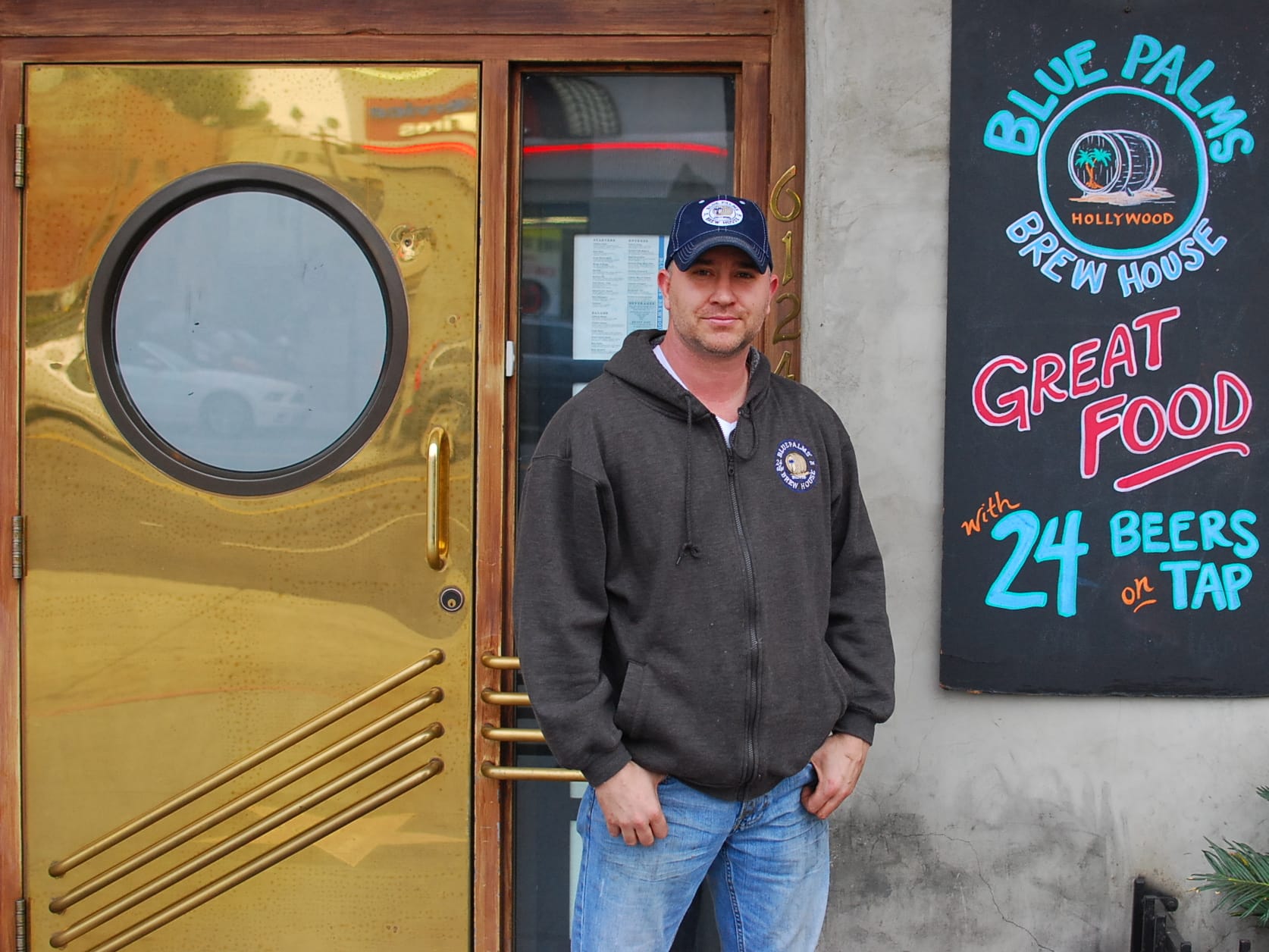
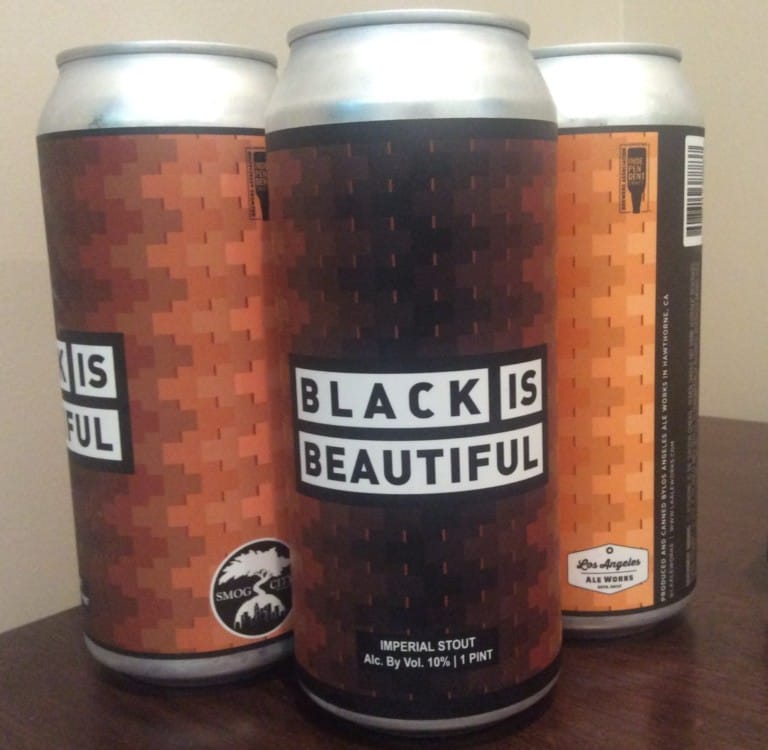
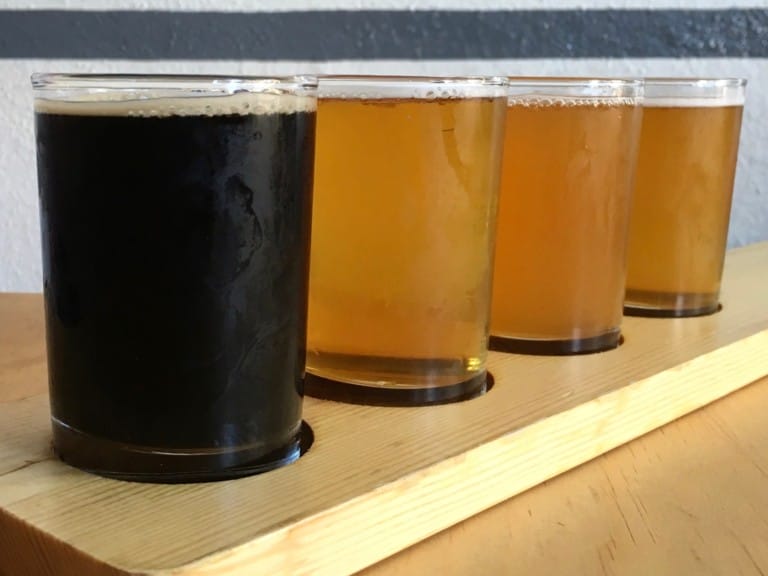
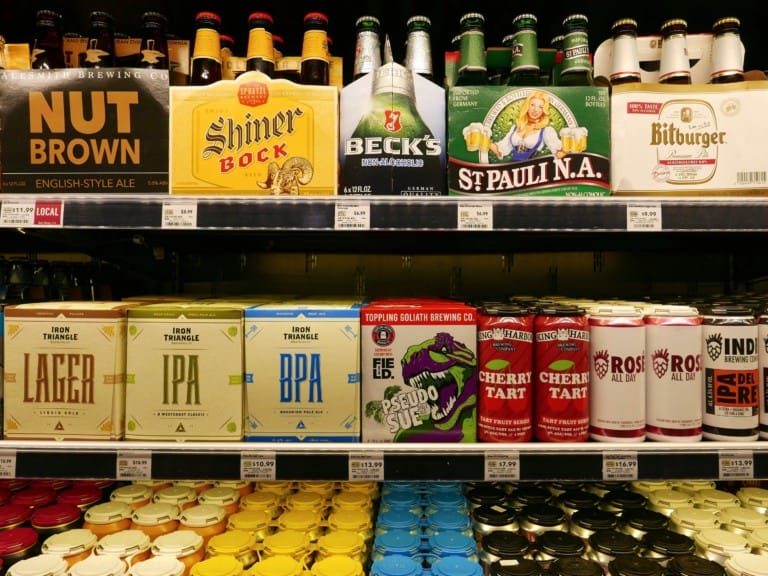



Leave a Comment